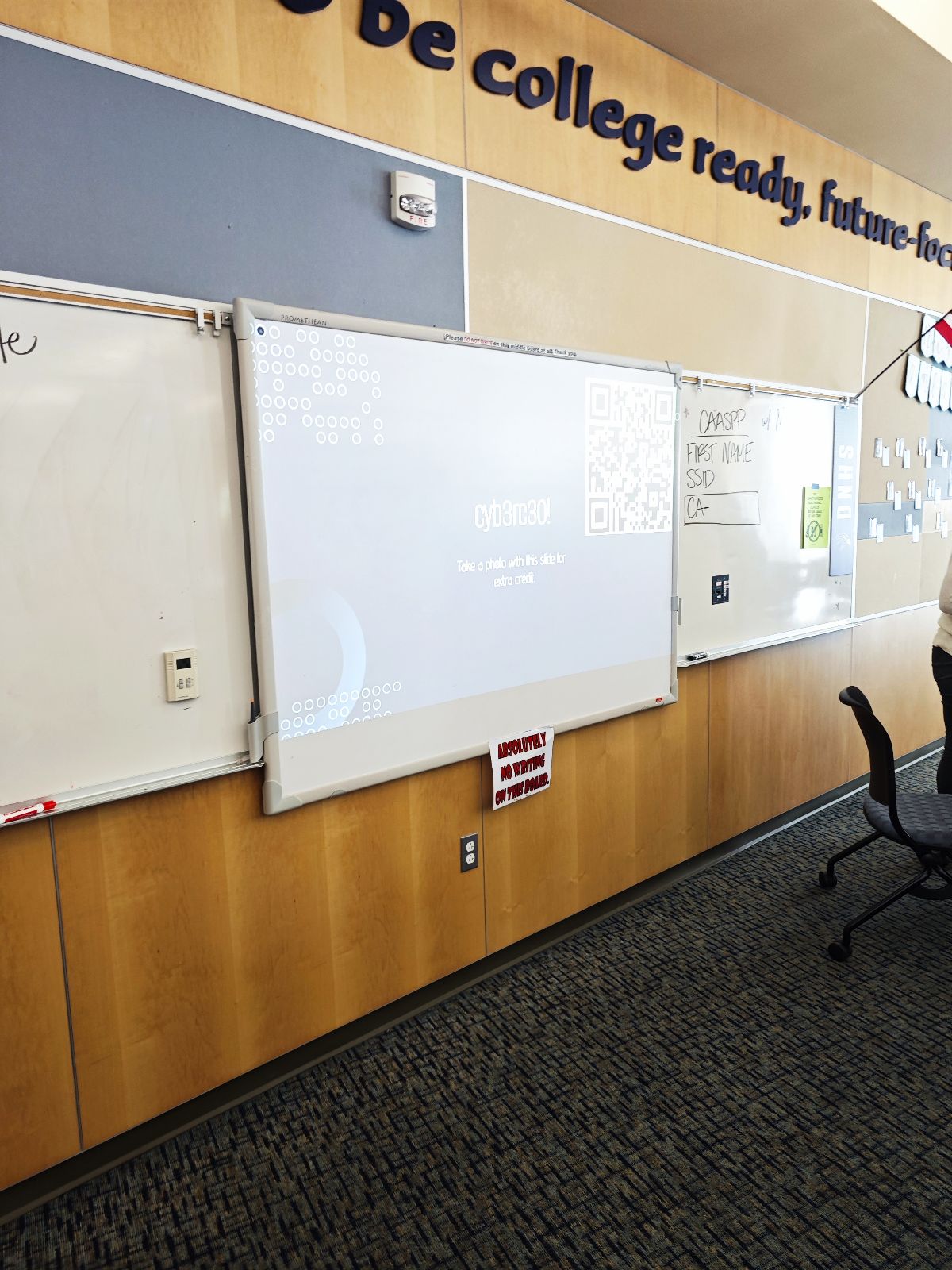Cyber Panel
Take a look at the core concepts from each lesson
Cybersecurity Panel Notes
1. Industry Overview:
- Cybersecurity is a rapidly growing field due to increasing cyber threats.
- Roles include penetration testers, security analysts, incident responders, and more.
- Demand for cybersecurity professionals is outpacing supply.
2. Career Paths & Skills:
- Strong technical foundation in networking, operating systems, and programming.
- Soft skills: problem-solving, communication, adaptability.
- Certifications: CISSP, CEH, Security+, OSCP (recommended for penetration testers).
- Importance of continuous learning due to evolving threats.
3. Cybersecurity Challenges:
- Increasing sophistication of cyber attacks (AI-driven threats, phishing, ransomware).
- Insider threats: employees unknowingly or maliciously compromising security.
- The need for stronger regulatory frameworks and compliance.
4. Ethical Considerations:
- Balancing security and privacy.
- Ethical hacking and responsible disclosure of vulnerabilities.
- The role of cybersecurity in protecting individual rights and corporate interests.
5. Future Trends:
- Rise of AI and machine learning in cybersecurity (threat detection, automated responses).
- Quantum computing and its implications for encryption.
- Zero-trust security models gaining traction.
- Increasing integration of cybersecurity in everyday devices (IoT security concerns).
6. Advice from Panelists:
- Gain hands-on experience through internships, CTF competitions, and lab simulations.
- Stay updated with cybersecurity news and emerging threats.
- Build a strong foundation in security principles before specializing.
- Networking and mentorship are key—engage with cybersecurity communities.
7. Resources & Learning Platforms:
- Online courses: Coursera, Udemy, Cybrary.
- Hands-on labs: Hack The Box, TryHackMe.
- News & blogs: Krebs on Security, Dark Reading, The Hacker News.
- Books: “The Web Application Hacker’s Handbook,” “Metasploit: The Penetration Tester’s Guide.”
What I Learned:
- Adaptability is essential:
- David Tomasz from the FBI shared that sometimes you’re thrown into situations you don’t expect, and you have to learn quickly and adapt, especially in tech roles like cybersecurity.
- Integrity and Honesty matter:
- Tricia Mercer explained how someone within an organization was stealing data and selling it, which highlighted how important honesty and trust are in this field.
- Security starts with basics:
- Many people don’t know basic security practices, which creates major vulnerabilities. There needs to be more education around this.
- Zero-day vulnerabilities are dangerous:
- These are security flaws with no known fix.
- For example, if a hacker inserts a fake Microsoft update into the cloud, many systems could be compromised.
Key Takeaways:
- Be curious and cautious:
- Always ask questions and stay alert when working with data and technology.
- Cybersecurity is a growing field:
- Victor Nzeata discussed how security tasks like identifying and deleting old, lingering data are essential. Jobs in areas like healthcare IT and AI security are on the rise.
- Soft skills are important:
- Being kind, reliable, and a strong communicator is just as valuable as being technically skilled.
- Ethical hacking is a valuable tool:
- Building and testing your own systems or networks can help you learn real-world skills.
- Make technical ideas easy to understand:
- Tricia Mercer pointed out that when working with businesses, you need to explain complex ideas in simple language they can act on.
- Group work teaches flexibility:
- David Tomasz also noted that in team projects, there’s always someone who doesn’t pull their weight. Learning how to work around that is part of being successful.
What I Plan To Do Next:
- Learn IT and cybersecurity basics to build a strong foundation.
- Participate in hackathons and create my own networks to gain hands-on experience.
- Improve my teamwork and communication skills by continuing to work with my group in CSP.
- Stay informed about AI and cybersecurity trends to be ready for the future job market.
- Look into certifications or internships in cybersecurity.
- Practice explaining complex ideas clearly to non-technical audiences.
- Join cyber classes and join the Cyber CEO club to gain more experience.

